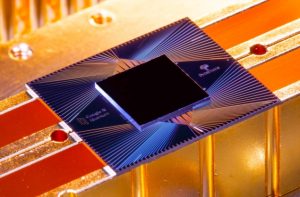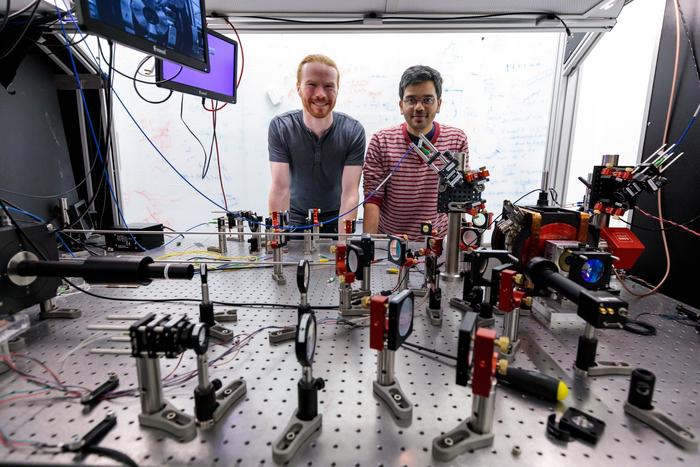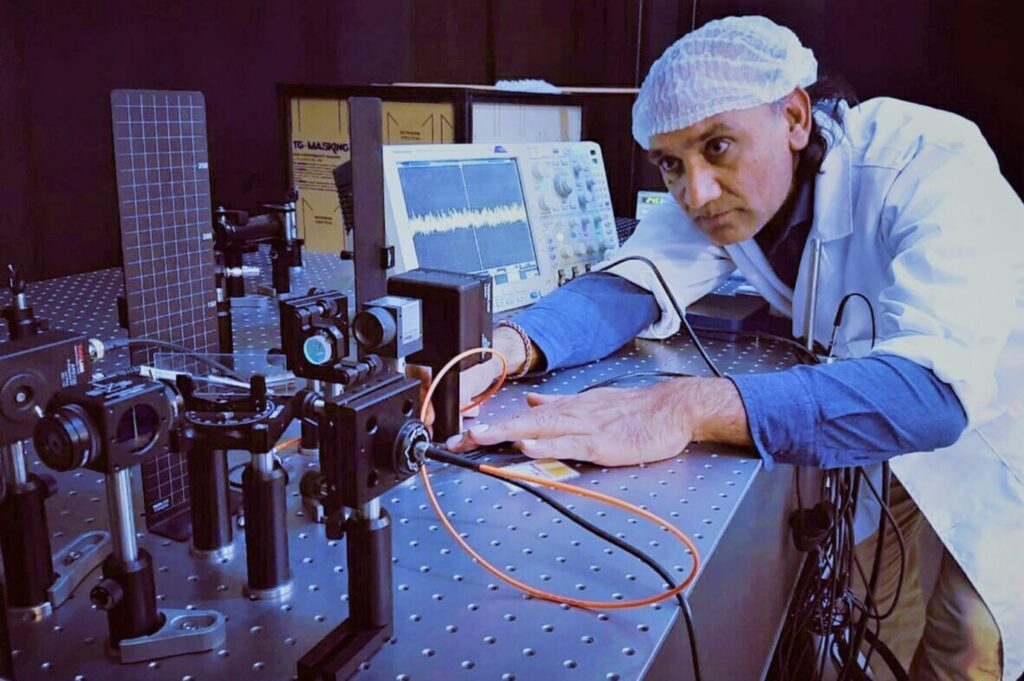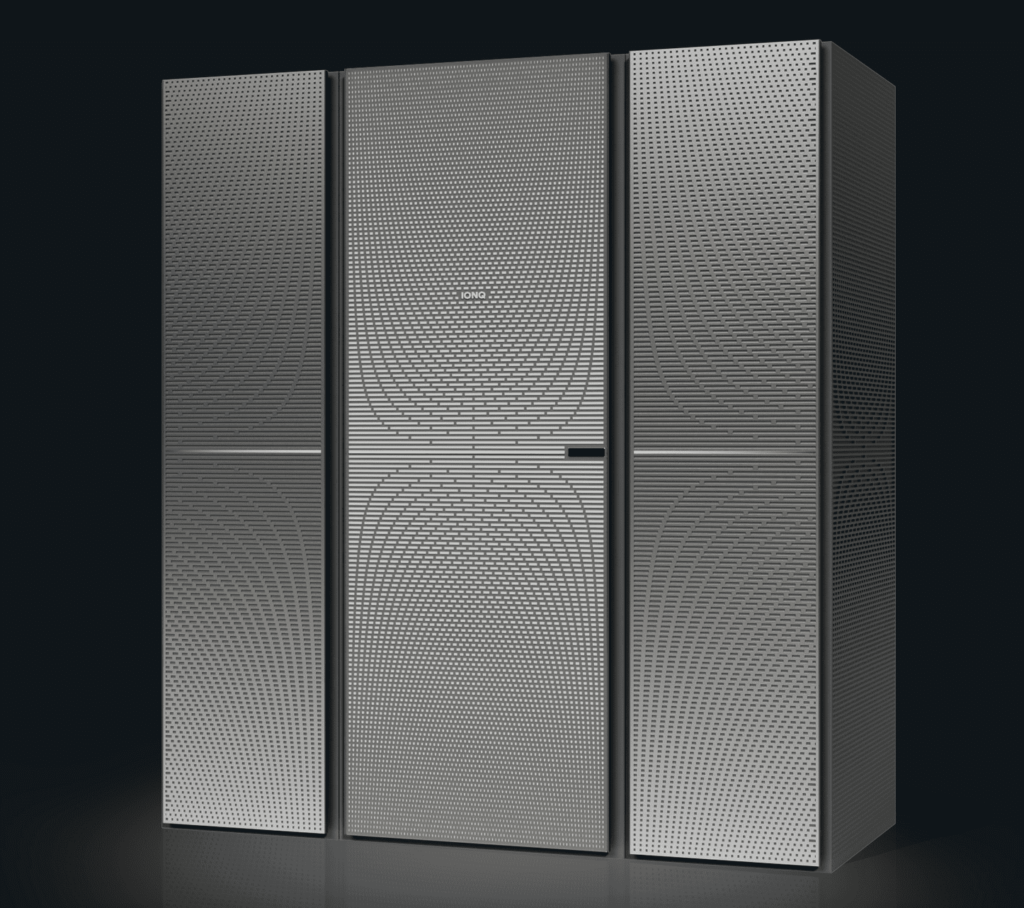
The dust has yet to settle on the debate over whether quantum supremacy was achieved over classical supercomputers when another research group is now suggesting that quantum computers will use magnitudes of order less energy solving certain problems.
The team, featuring researchers from NASA’s Ames Research Center, Google and Oak Ridge National Lab, reported in Quantum Science and Technology that their Noisy Intermediate-Scale Quantum Computer used less energy compared to the Electra supercomputer at Ames and the Summit supercomputer at Oak Ridge.
According to Physics World, the team calculated the energy required by both NISQ and conventional supercomputers to solve a One task that clearly lends itself to a quantum computer is calculating the output of “random quantum circuits”, or RQC, problem, which is uniquely suited for quantum computers.
They designed a program called qFlex, a highly efficient quantum simulator.
The researchers found that their qFlex implementation required 97 MWh to run on Electra and 21 MWh on Summit, whereas the problem could be solved by a NISQ using only 4.2×10−4 MWh. In comparison, the average US household uses 11 MWh of electrical energy per year.

Daniel Gottesman, of the Perimeter Institute for Theoretical Physics in Waterloo, Canada, who was not involved in the research, said that the research is another step among many investigations into the quantum-classical debate.
“Lots of papers are developing classical algorithms to simulate quantum systems because there’s a lot of quantum systems around and physicists care about how they behave,” said Gottesman. “The specific focus on quantum supremacy is a moment in time that will probably extend for a few years, but after that it will probably be assumed that we have quantum computers that are better than classical computers, and the idea of classical algorithms to simulate quantum computers will become less and less valuable.”
The research may have implications for companies that are working to commercialize quantum technology.




















